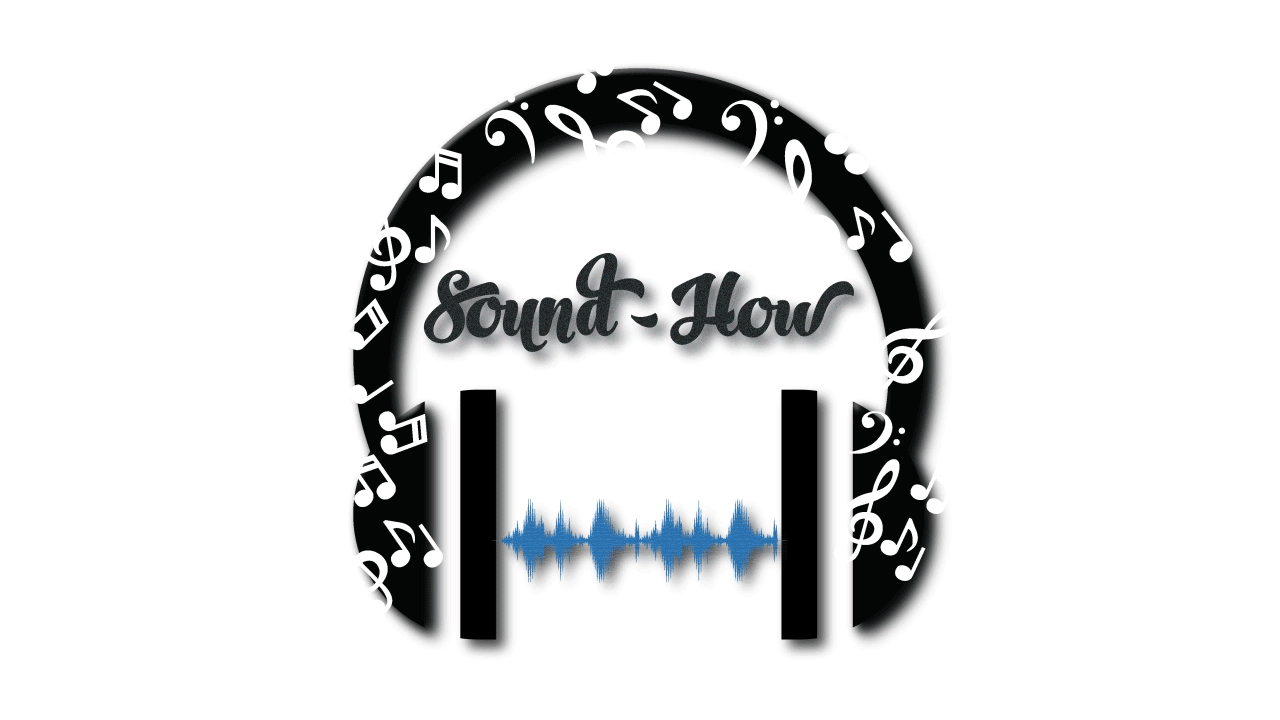Music itself is a powerful emotive tool and universal language that can connects all of us. Its incredible versatility enables it to take shape within many different forms and also presented in many different ways. The marriage between different art-forms whether it be music and dance or music and film, demonstrates not only an extraordinary adaptability but also a great resourcefulness.
1. Music as branding
Music possesses a surprisingly innate ability to make your creative project distinguishable. It has an undeniably ability to shape an audience’s initial interaction and response. There are many countless memorable music themes that continually live well alongside its film, game or TV show counterpart. Perhaps the reason for this is the presence of music and sound is able to live through one’s memory as it cannot be easily erased or modified. In fact, studies have shown echoic memory, which helps us store and recall sounds, and lasts longer than its visual counterpart, iconic memory. There have been many projects I have come across as a composer where the importance of music is often compromised, and as a result many perhaps promising films, TV series, video games have missed the mark with their audiences and critics. This is not to say that every project should have music, as its lack of presence can also create a very compelling effect if implemented thoughtfully. Essentially, considering an audience’s natural ability to better connect with music and sound can create a distinct uniqueness that will make your next project memorable.
2. Music is part of the user/audience experience
Music used with consideration can play a powerful role in shaping an audience’s reception or the user experience of your work. As a screen composer, it’s natural to immerse oneself into the story, the setting as well as even building relationship with the characters themselves. I was recently working on a film that heavily relied on the music to set the tone and uphold its momentum as well as enhance key shots and certain visual elements crucial to the story line. There have also been many other instances where music becomes a crucial element to enabling the audience to develop a connection with the story-lines, characters and distinct actions. Music gives your audience something to unconsciously refer back to yet remain within their conscious memory.
3. Music is a surprising selling point and a strong marketing tool.
Music has an incredible capability of being married with other artforms but also standing alone independently. The union between screen and music goes beyond a creative decision as it can also be used as a business tactic. Music’s aptitude of being a combined and a separate entity works within favour of both the composer and the producer. Releasing soundtracks can also be a useful marketing tool and selling point for the project’s entity. They are a new means of exposure by creating a new avenue to another audience. Live concerts can also be considered in this same regard, even becoming a new innovative way of reinventing your project, keeping it fresh within the minds of its viewers and users.
Aristotle’s wise words, “the whole is greater than sum of its parts”, plays great significance within this context. Each art-form is impactful in its own regard, and together they just don’t create something considerably better, but in face unique and different. Regardless of your budget, we encourage you to take music into consideration music early in the planning process. Acknowledge music’s ability to go beyond the capacity of just a creative tool but as a strategic tool to be implemented in the production of your next project!

